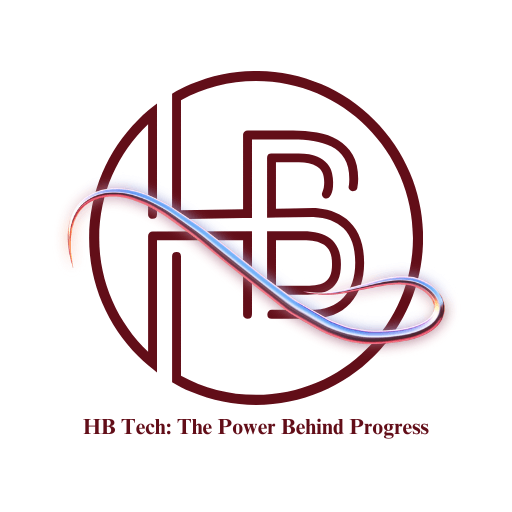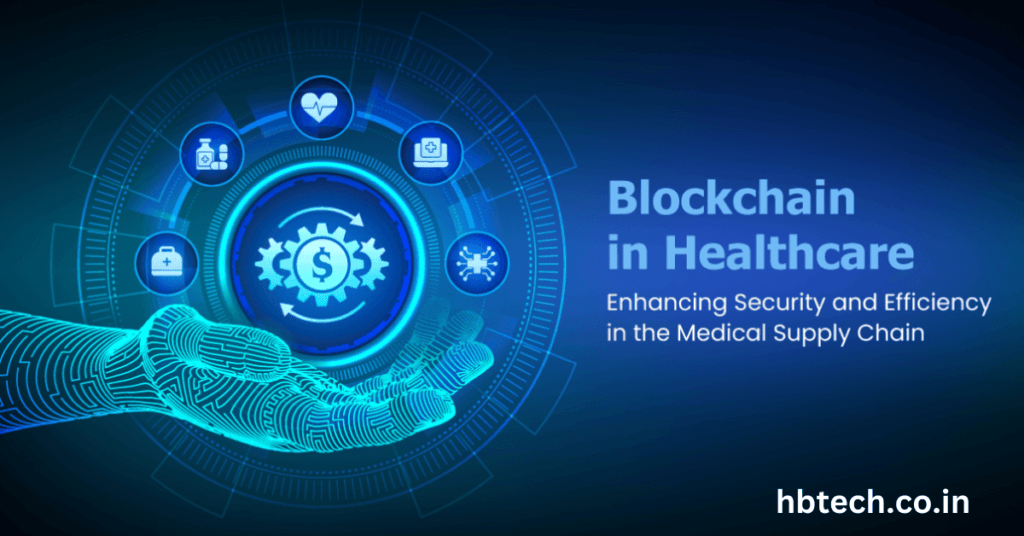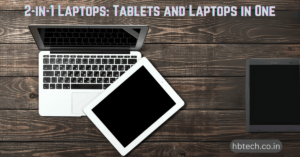Blockchain is often thought of in connection with cryptocurrencies, but this technology can do so much more. In healthcare, blockchain can help improve how patient data is stored, managed, and shared. By creating a secure, decentralized way to store information, blockchain could make healthcare safer more efficient, and even less costly. here is a straightforward look at the benefits of blockchain in healthcare, some practical ways it can be used, and real-world examples showing its impact.
Benefits of Blockchain in Healthcare
Blockchain’s unique features make it especially valuable in healthcare. Here are some of the main benefits
- Better Data Security: Healthcare records contain private, sensitive information. Blockchain’s secure, decentralized structure makes it harder for hackers to access or change patient data which helps keep health records safe
- Improved Data Sharing and Compatibility: Often, patient data is spread across different systems that don’t work well together. Blockchain can create a shared platform for patient information, making it easier for hospitals and clinics to share data securely and giving healthcare providers a full view of a patient’s medical history
- Transparency and Accountability: With blockchain, each entry is recorded permanently. This “ledger” creates a trackable, transparent history of transactions, which is especially useful in tracking drugs or monitoring clinical trials
- Empowering Patients: Blockchain allows patients to control who can see their health records, giving them more ownership over their health information and ensuring they can easily access their own medical history
- Reducing Costs: Blockchain can simplify administrative work, reduce redundancies in medical records, and streamline claims, saving time and money
How Blockchain is Being Used in Healthcare
1. Storing and Sharing Medical Records
Blockchain can make sharing medical records easier and more secure. Many people see multiple healthcare providers, and it can be challenging to maintain accurate and complete records across different places. With blockchain, a patient’s data can be stored in a decentralized, tamper-proof ledger that authorized healthcare providers can access securely. This means that patient records are complete, up-to-date and accessible when needed, leading to better care.
2. Tracking Drugs in the Supply Chain
Counterfeit drugs are a serious global problem. Blockchain can track medications as they move through the supply chain, from the manufacturer to the pharmacy. Each stage of the drug’s journey is logged in the blockchain which helps ensure authenticity and safety by preventing counterfeit medications from reaching patients.
3. Supporting Clinical Trials and Research
Clinical trials rely on large amounts of data, and it’s essential that this information is secure and transparent. Blockchain can make sure trial data is accurate and cannot be altered, reducing the risk of fraud and helping regulators verify results. it also makes it easier for researchers to collaborate and share trial results.
4. Streamlining Billing and Insurance Claims
Billing and insurance claims are often complex and time-consuming processes. Using blockchain, insurance companies and healthcare providers can set up smart contracts, which are self-executing contracts with preset rules. These contracts can verify claims automatically reducing the chances of error and speeding up payments, making the whole process more efficient and less costly
5. Supporting Telemedicine and Remote Care
Blockchain can also enhance telemedicine and remote monitoring. Data from wearable devices or other health-monitoring tools can be stored securely, giving healthcare providers access to real-time information while protecting patient privacy. Patients also have more control over who sees their data, strengthening trust and improving the quality of care.
Real-Life Examples of Blockchain in Healthcare
Many organizations are exploring blockchain in healthcare with promising results:
- MediLedger: MediLedger is a project that uses blockchain to improve drug traceability in the supply chain. It provides a secure network where the entire journey of prescription drugs is tracked, from the manufacturer to the pharmacy, helping to prevent counterfeits
- Guardtime in Estonia: Estonia has implemented blockchain in its national health system through a partnership with Guardtime, a blockchain security company. with Guardtime’s technology, the system secures patient records and gives doctors and patients a reliable way to share information.
- MedicalChain: MedicalChain is a platform that allows patients in the UK to control access to their medical records. Patients can decide who can view their data and even consult with doctors online through secure video calls, which is especially convenient for those with busy schedules or limited access to healthcare facilities
- BurstIQ: In the U.S. BurstIQ uses blockchain to allow patients and healthcare providers to share information securely. The platform also helps researchers and employers manage health data, making it easier to handle tasks like clinical trials or workplace health programs
- Solve.Care: Solve.Care is a blockchain platform that manages various healthcare tasks, such as coordinating appointments and billing. It’s designed to reduce administrative work, streamline payment processing, and create a smoother patient experience.
Blockchain has the potential to transform healthcare by making data more secure, transparent, and accessible. It can help healthcare providers share information more effectively, track medications, simplify billing, and give patients more control over their health data. While blockchain technology is still being adopted, these real-world examples show that it is already making an impact. as blockchain becomes more widely used in healthcare, it promises to create a system that is safer, more efficient and more centered around patient needs.
Frequently Asked Questions (FAQs)
What is blockchain and how can it be used in healthcare?
Blockchain is a decentralized, secure digital ledger technology that stores data in a way that’s transparent and nearly impossible to alter. In healthcare, blockchain can be used for securely storing and sharing medical records, tracking drugs in the supply chain, streamlining insurance claims, and enabling patients to control their health data.
Why is blockchain beneficial for healthcare data security?
Blockchain’s decentralized nature and cryptographic security make it very difficult for unauthorized users to alter or access data. This helps prevent data breaches and ensures that sensitive patient information remains secure. Additionally, each entry in the blockchain is time-stamped and unchangeable, providing a transparent record of all transactions.
How does blockchain improve the sharing of medical records?
Blockchain allows healthcare providers to access and share a patient’s medical history securely. By storing patient data on a decentralized network, authorized healthcare providers can view a complete and up-to-date record, no matter where the patient has received care. This reduces redundancy, minimizes errors, and leads to more coordinated and effective treatment.
Are there any real-world examples of blockchain in healthcare?
Yes, there are several notable examples:
MediLedger is used for tracking drugs in the supply chain to prevent counterfeiting.
Guardtime in Estonia secures patient records within the national health system.
MedicalChain enables patients in the UK to control access to their health data and consult with doctors online.
BurstIQ provides a platform in the U.S. for securely sharing health data between patients and providers.
Solve.Care manages tasks like appointment scheduling and billing through blockchain.Is blockchain in healthcare still experimental or widely used?
Blockchain in healthcare is still in its early stages, but many organizations are already implementing it with promising results. Real-world applications are proving its value in areas like data security, supply chain transparency, and patient-centered healthcare.
What challenges are there in adopting blockchain for healthcare?
Challenges include the need for technical expertise, high implementation costs, and concerns over data privacy and interoperability. Additionally, standardization is essential, as healthcare providers and systems need compatible blockchain platforms for smooth data sharing.









